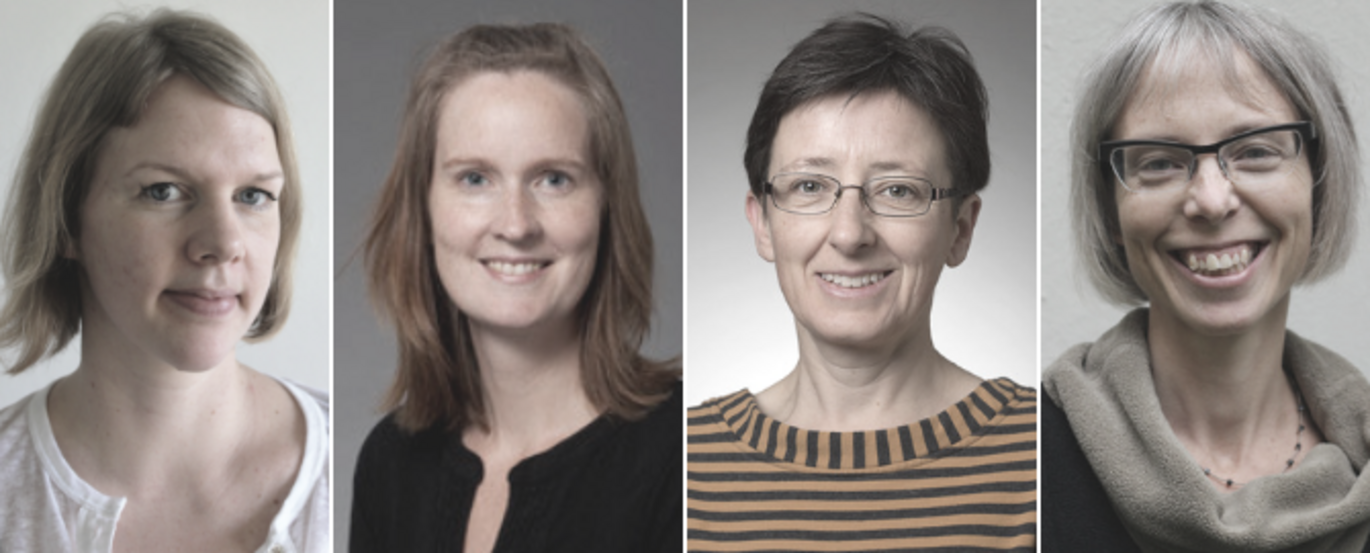DEBATE: Danish history is part of a larger history!
In this statement, three associate professors and a professor from the Statement express their objections to opinions expressed by Emeritus Associate Professor Anders Bøgh in a previous article in Omnibus.

In an Omnibus interview with Emeritus Associate Professor Anders Bøgh on October 4th 2018, Bøgh problematized the fact that some of the staff members on the history programme “were not born and educated in this country”. And added: “After all, there’s (almost) no one else who works on Danish history – that’s up to us.”
As members of the history programme staff in the year 2018, we find this statement completely incomprehensible.
We hire the best
The truth of the matter is this: Naturally, research and teaching in Danish history are central at a Danish university. Each time a position is filled, the person best qualified to fill it is selected. The history programme staff are both men and women, older and younger. Some earned their degrees in Denmark, others from universities abroad. Some (the great majority) have Danish backgrounds, while others have come to Aarhus precisely because we need their research specializations here.
Close dialogue with international research
Danish history has always been part of a larger transnational history. Contemporary Danish historical research engages international research in much closer dialogue than previously, both because Danish researchers train abroad and are more active internationally, and because we have the good fortune that highly qualified international historians are also interested in performing their work here. This benefits everyone, including students and the public. In a time marked by the rise of nationalism and nativism in many countries, including Denmark, it is more important than ever to insist on the plurality and diversity of our subject.
READ MORE: ”After all, no one else does research on Danish history – that’s up to us"
Translated by Lenore Messick

